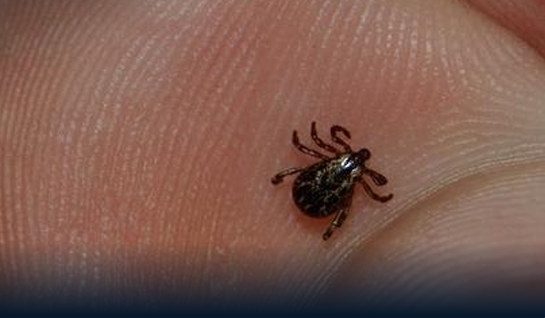Osama Ghariba, Director of the Surveillance Department at the Center for Disease Control, said that Rickettsia is a disease transmitted by arthropods such as ticks and lice, and it is endemic in Libya and Mediterranean countries in general. His comments were made during a phone-in to a Libya Al Ahrar TV channel newscast, monitored by Al Marsad newspaper.
Nature of the Disease and its Symptoms
Ghariba explained that the infection is transmitted through insect bites, and the patient suffers from high fever, joint pain, and a skin rash, noting that the incubation period ranges from two to 15 days.
He stated that the disease has been present for years and cases are recorded in various regions, with an increase in infection rates in summer and autumn due to the activity and proliferation of insects in warm weather.
He noted the observation of exaggerations and fear-mongering on some platforms, stressing that Rickettsia is not contagious among humans and is not transmitted from person to person.
He affirmed that the National Center for Disease Control monitors the epidemiological situation through its surveillance network in the municipalities, in addition to monitoring diseases on the notifiable list, based on specialized international reports.
Ghariba indicated that prevention involves raising awareness about transmission methods and symptoms, controlling rodents and stray dogs as they are a primary reservoir for the bacteria, as well as controlling vector insects, especially in agricultural areas. He also called on livestock breeders to keep barns clean, avoid accumulating garbage near them, spray pesticides against lice and ticks, and vaccinate pet dogs to combat the parasites they carry.
He concluded by emphasizing that combating the disease is the responsibility of several sectors, noting that the Center has dispatched a field team to the location to assess the epidemiological situation. The team has met with public and animal health officials to follow up on developments and take the necessary measures.
